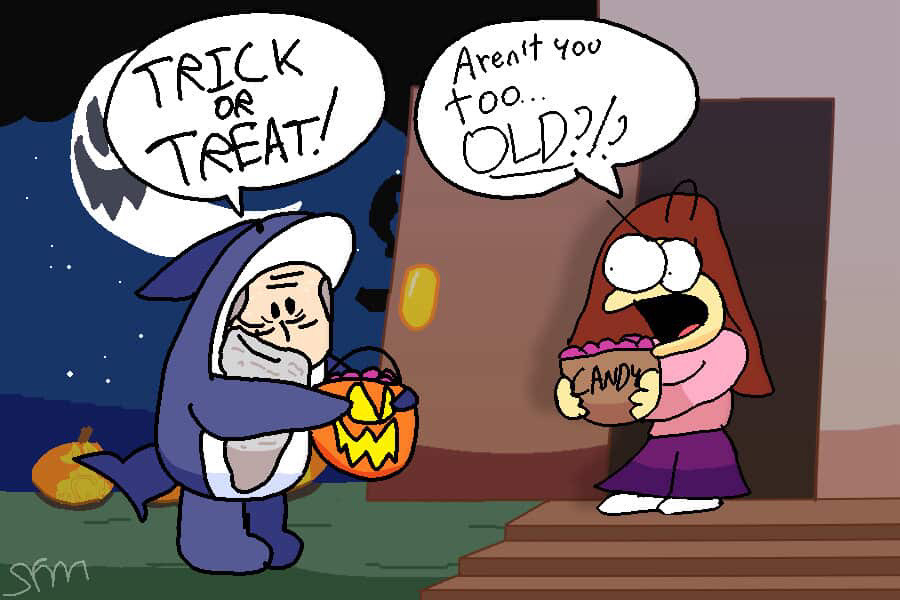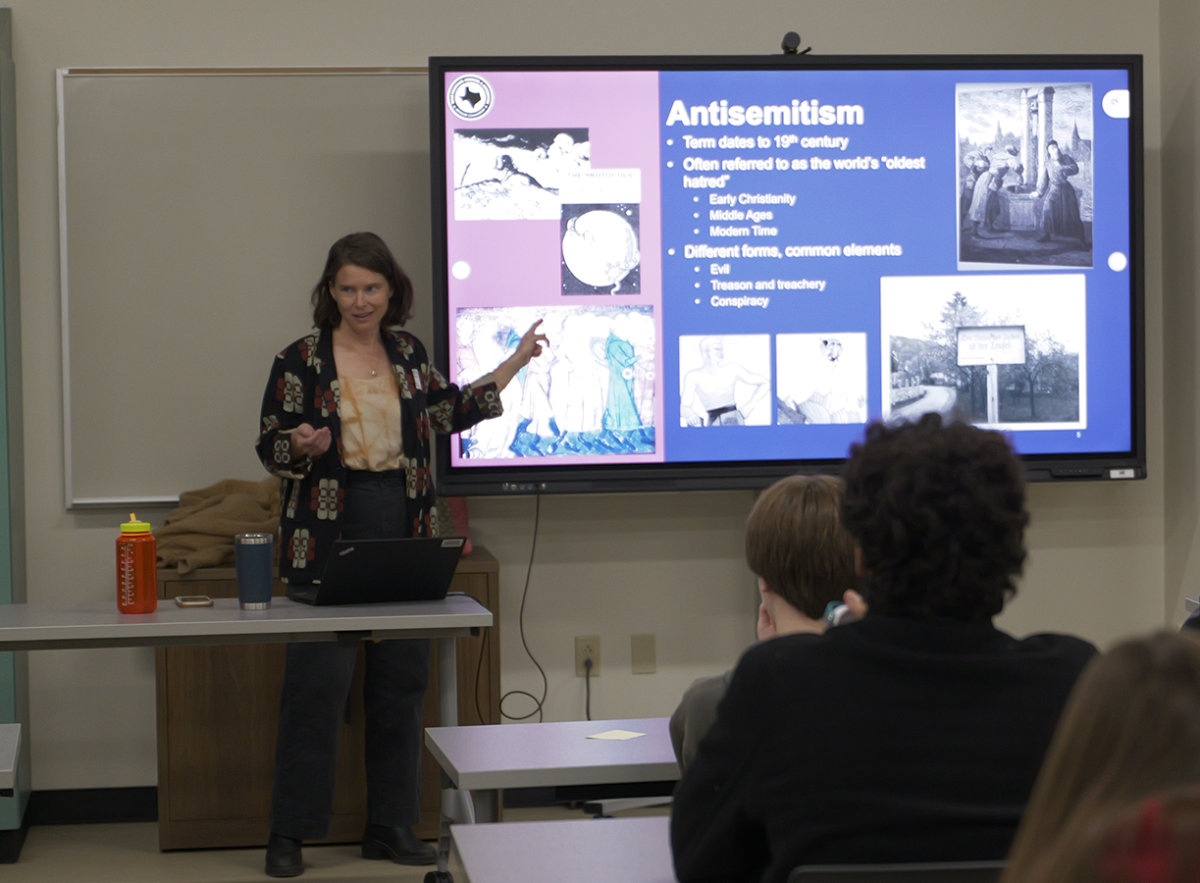It’s been nearly 80 years since the Holocaust came to an end. Holocaust Remembrance Week focuses on remembering the six million people who were lost all those years ago. To honor these victims, learn about their stories and understand the history of the horrific period, the Social Studies department hosted guest experts to speak with students.
The Holocaust is one of the most prominent genocides of all time. Many Jewish and Polish citizens were taken away from their homes, taken away from their families and murdered by the Nazi Party. While there has been discussion and doubt the existence of the Holocaust, AP U.S. History teacher Andie Anderson said it is important for us to learn about these important historical events.
“[What matters is] the importance of not scapegoating an entire group of people just because it’s easy or convenient, or because we want simple solutions to problems,” Anderson said. “[It’s] the importance of making our own decisions and realizing that our decisions impact others. Whether we choose not to act in the face of injustice, or if we choose to act in small ways or in very large ones, learning those lessons and seeing how those things impact the world around us make us realize that we do have an impact.”
In order to help the student body fully realize the importance of the Holocaust, Anderson reached out to the Texas Holocaust Genocide and Antisemitism Advisory Commission to bring in a guest speaker and former teacher, Lauren Fryer.
“I still care so much about education and I was aware of the Texas Holocaust Genocide and Antisemitary Advisory Commission through a friend, and thought that that really kind of related really well to me, as someone who cares about the rights of others and cares about education,” Fryer said.
With Holocaust denial becoming more prevalent, Anderson finds it even more important to expand upon our knowledge of the Holocaust and learn from it further.
“When we don’t say or do things or when we allow things to happen, it has a ripple effect,” Anderson said. “That is something that can be taught in a million different ways. But sometimes, the larger lessons are the ones that drive that education. Is it important to keep learning about the things that happened, and it’s going to continue being important to learn about.”

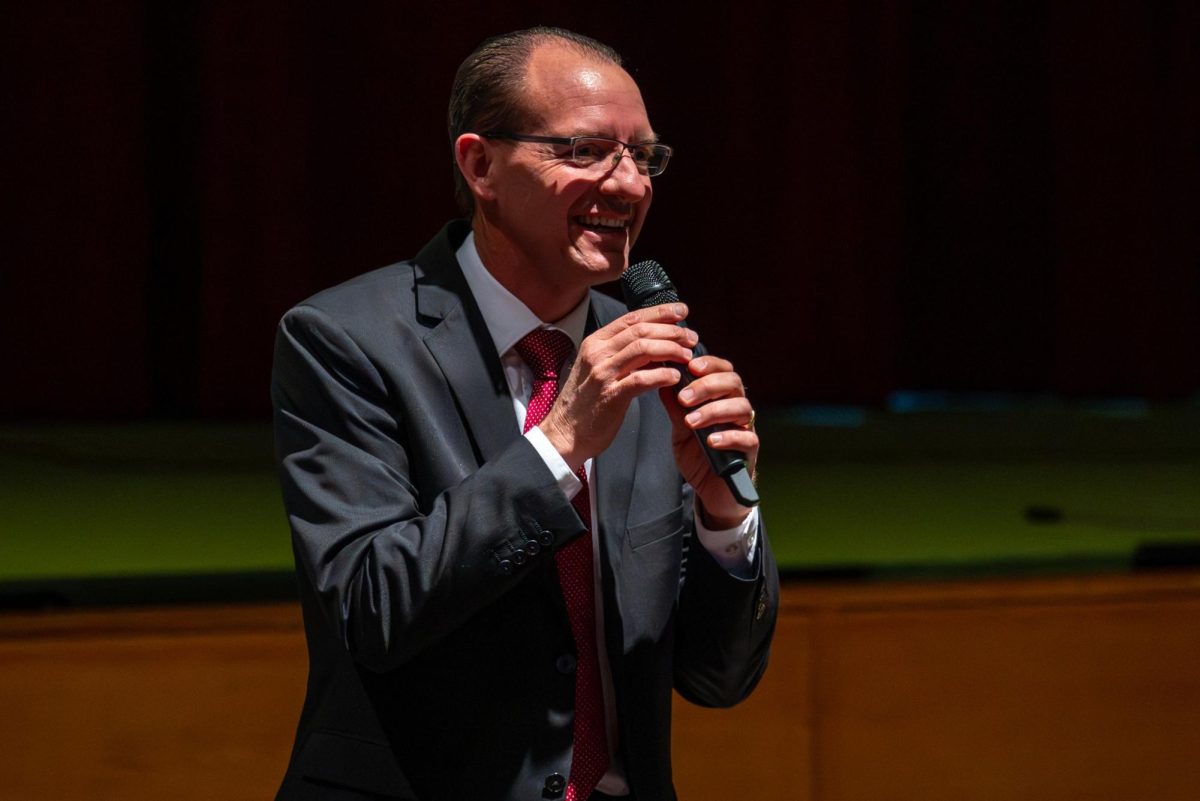
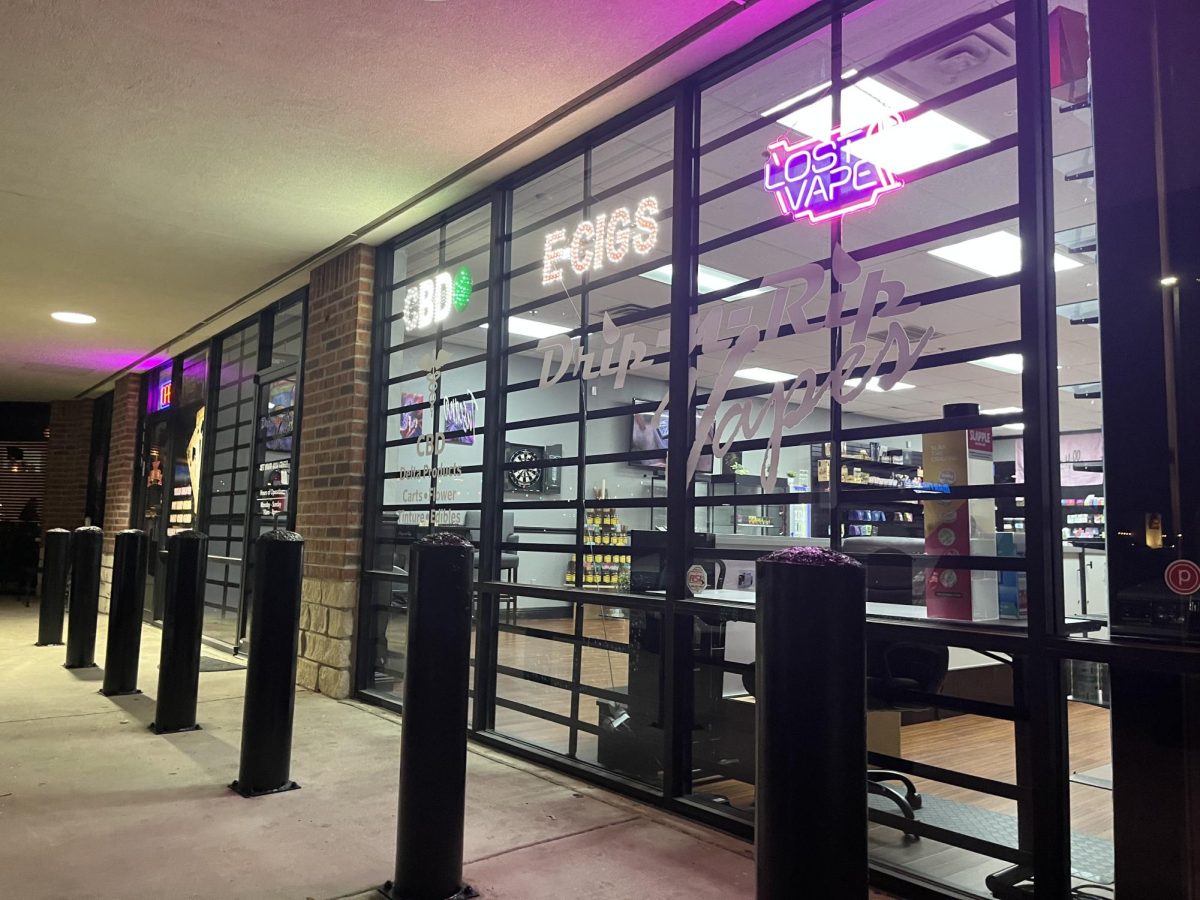
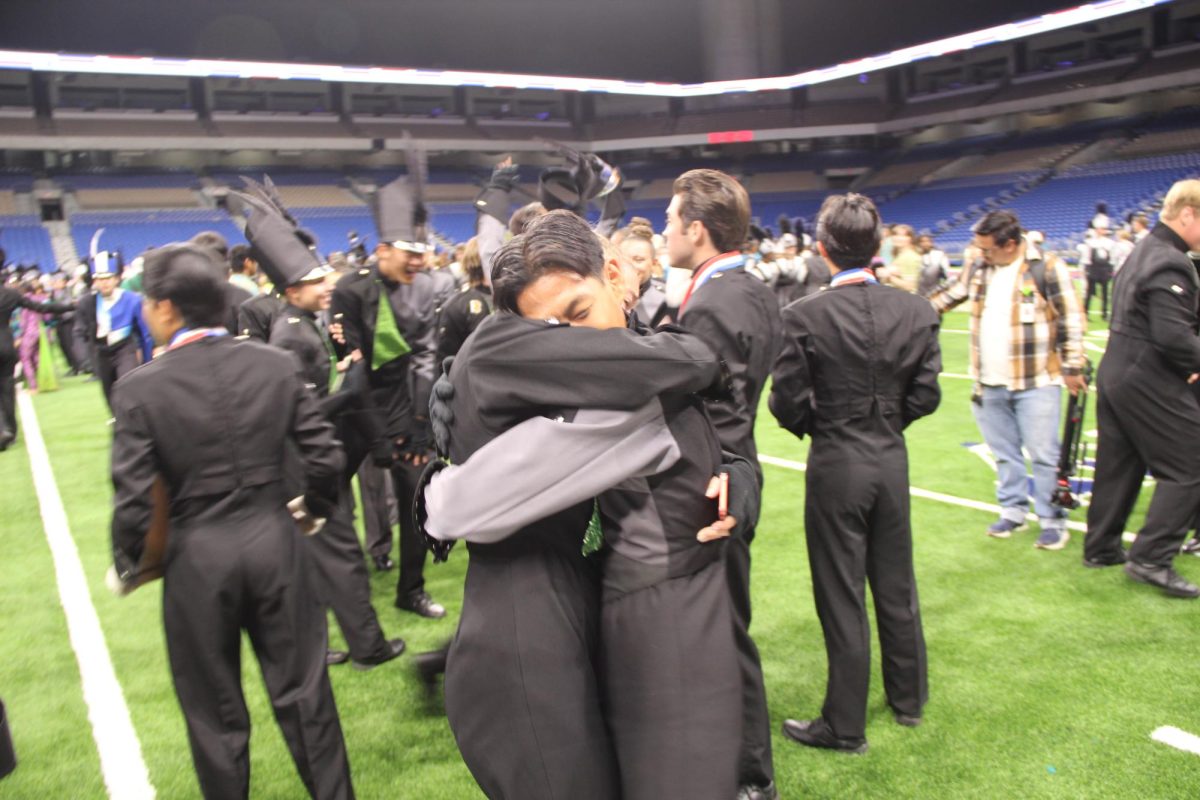
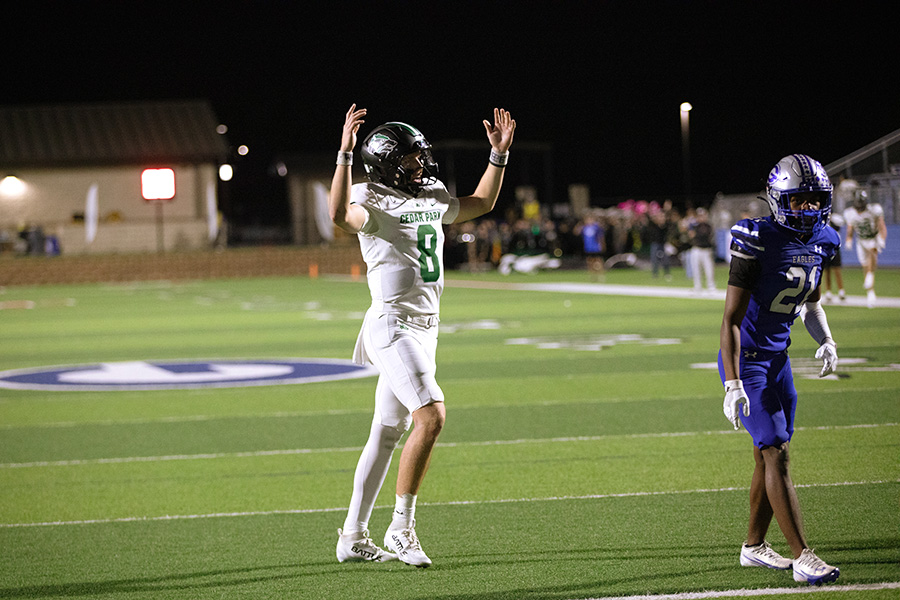
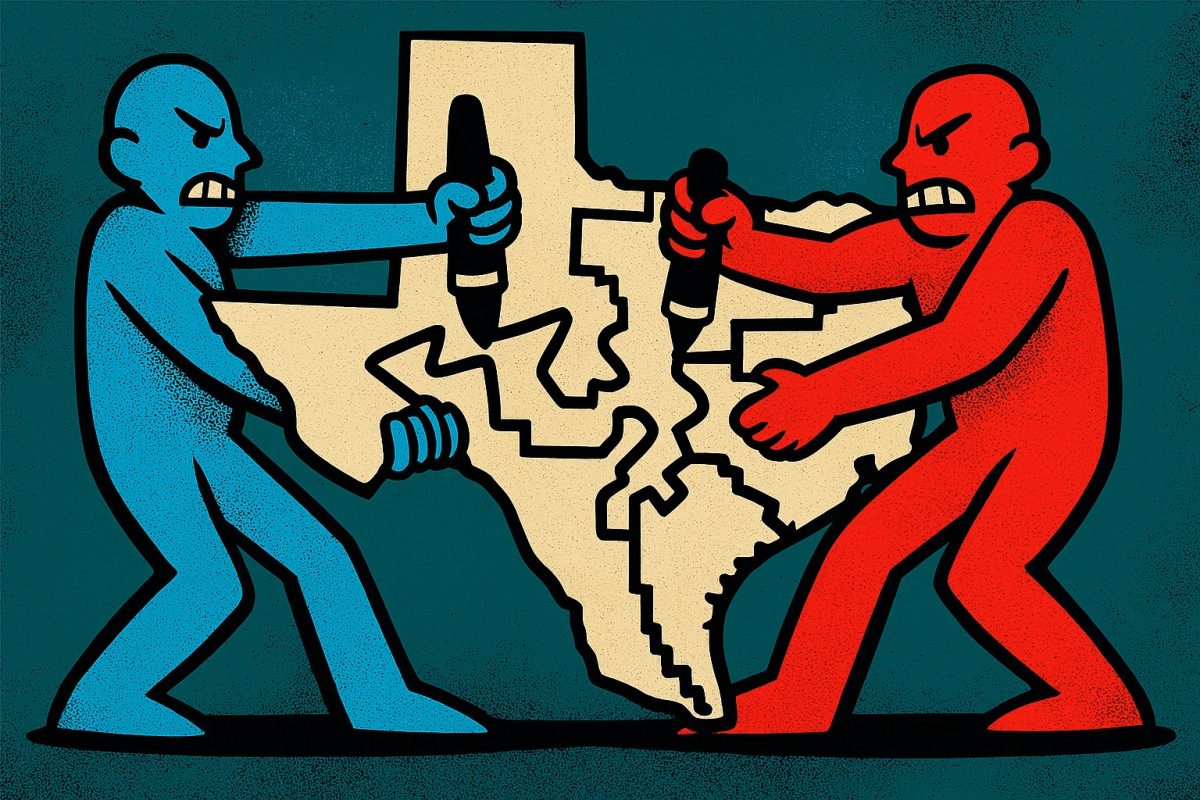
![Senior Jett Mckinney stores all the clothes in his own room, with half of it stored in his closet along with his personal clothes, and the rest taking up space in his room.
“There’s been times [when] there’s so much clothing stored here and it gets overwhelming, so I end up having to sleep somewhere else in the house,” Mckinney said.](https://cphswolfpack.com/wp-content/uploads/2025/11/DSC_0951-1200x800.jpg)
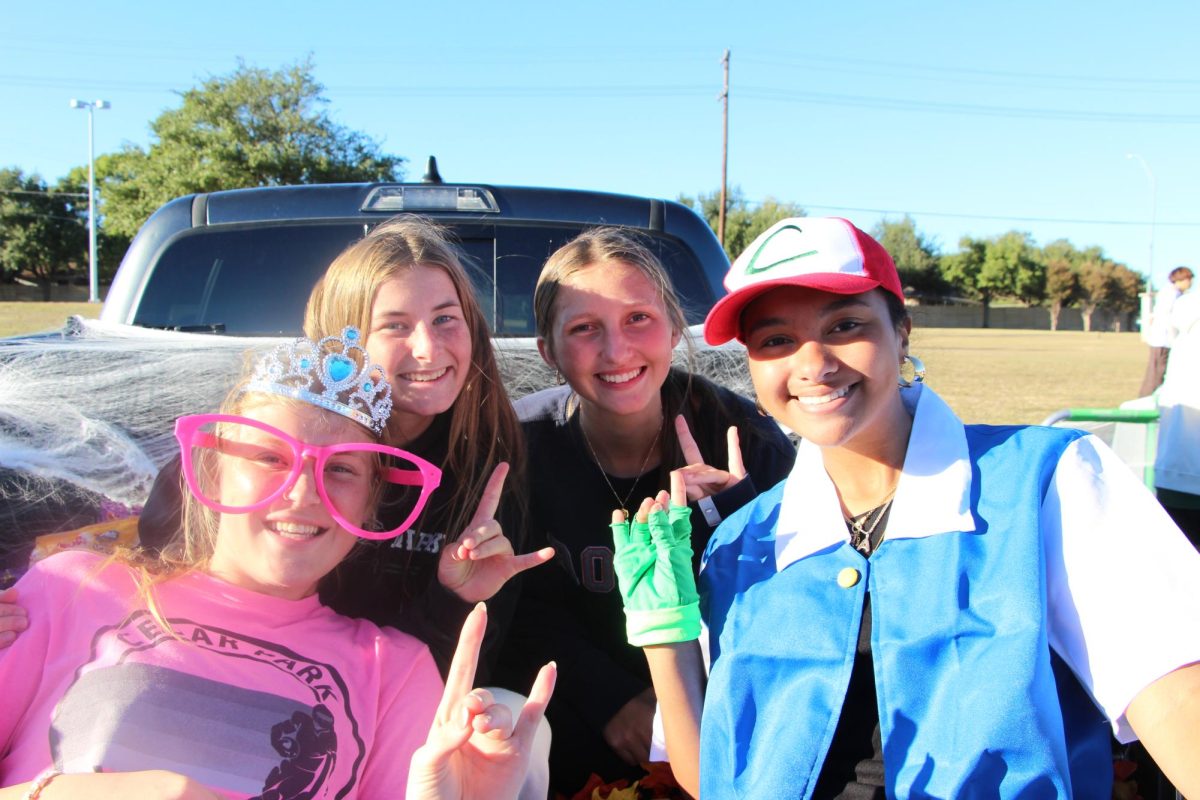


![Broadcast, yearbook and newspaper combined for 66 Interscholastic League Press Conference awards this year. Yearbook won 43, newspaper won 14 and broadcast took home nine. “I think [the ILPC awards] are a great way to give the kids some acknowledgement for all of their hard work,” newspaper and yearbook adviser Paige Hert said. “They typically spend the year covering everyone else’s big moments, so it’s really cool for them to be celebrated so many times and in so many different ways.”](https://cphswolfpack.com/wp-content/uploads/2025/05/edited-ILPC.jpg)

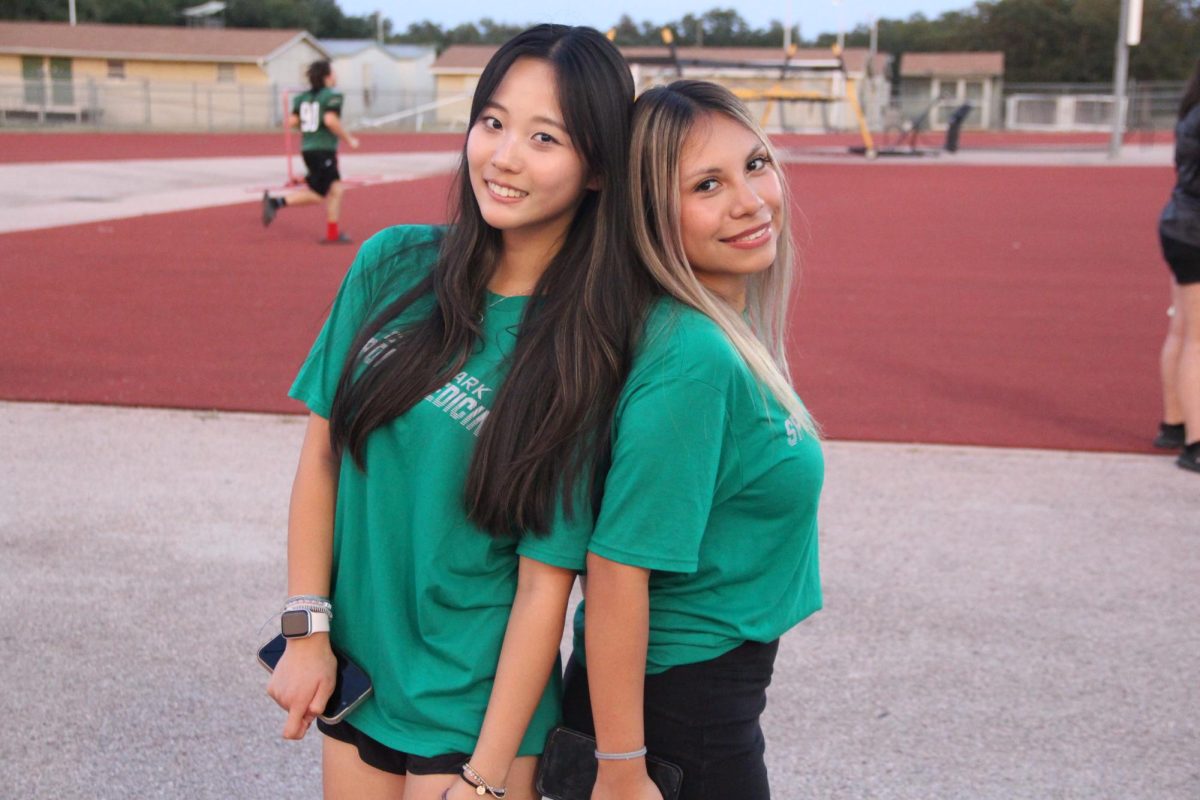


![Looking down at his racket, junior Hasun Nguyen hits the green tennis ball. Hasun has played tennis since he was 9 years old, and he is on the varsity team. "I feel like it’s not really appreciated in America as much, but [tennis] is a really competitive and mentally challenging sport,” Nguyen said. “I’m really level-headed and can keep my cool during a match, and that helps me play a bit better under pressure.” Photo by Kyra Cox](https://cphswolfpack.com/wp-content/uploads/2025/09/hasun.jpg)

![Bringing her arm over her head and taking a quick breath, junior Lauren Lucas swims the final laps of the 500 freestyle at the regionals swimming competition on date. Lucas broke the school’s 18-year-old record for the 500 freestyle at regionals and again at state with a time of 4:58.63. “I’d had my eye on that 500 record since my freshman year, so I was really excited to see if I could get it at regionals or districts,” Lucas said. “ State is always a really fun experience and medaling for the first time was really great. It was a very very tight race, [so] I was a bit surprised [that I medaled]. [There were] a lot of fast girls at the meet in general, [and] it was like a dogfight back and forth, back and forth.” Photo by Kaydence Wilkinson](https://cphswolfpack.com/wp-content/uploads/2025/03/Kaydence-2.7-23-edit-2.jpg)
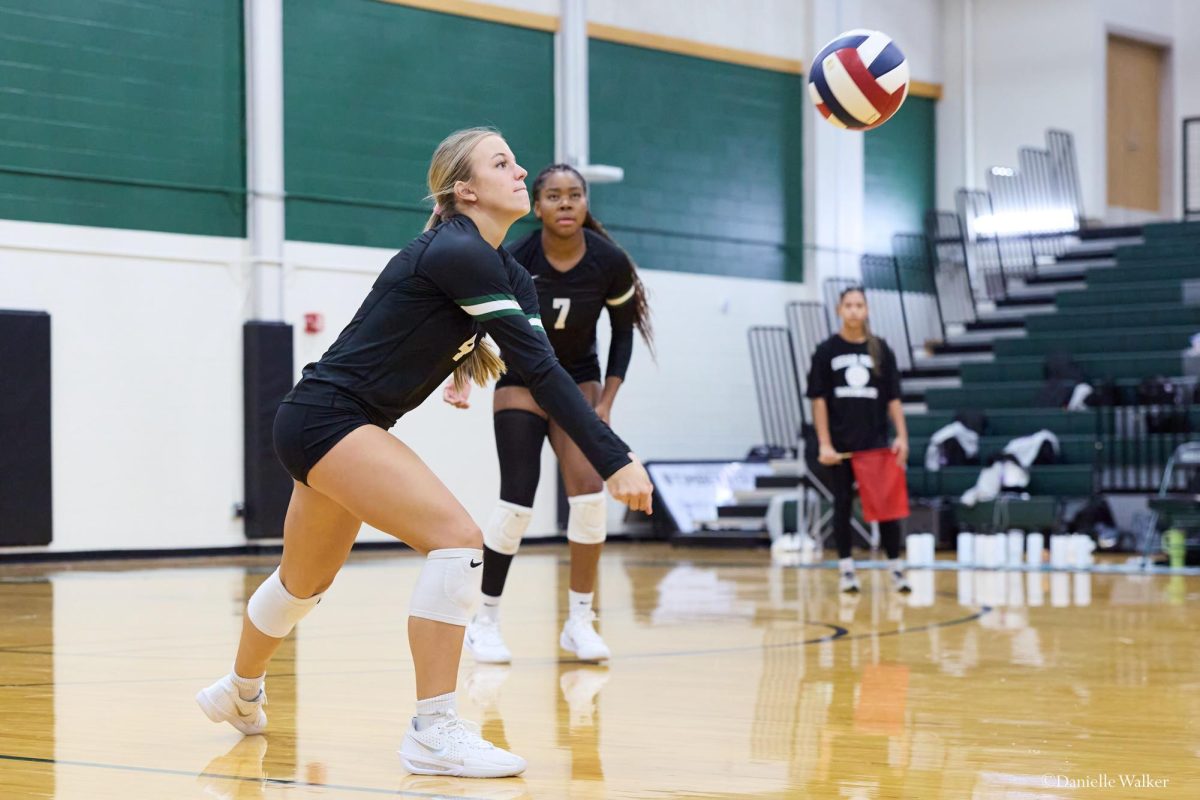

![As her hair blows in the wind, senior Brianna Grandow runs the varsity girls 5K at the cross country district meet last Thursday. Grandow finished fourth in the event and led the varsity girls to regionals with a third place placement as a team. “I’m very excited [to go to regionals],” Grandow said. “I’m excited to race in Corpus Christi, and we get to go to the beach, so that’s really awesome.” Photo by Addison Bruce](https://cphswolfpack.com/wp-content/uploads/2025/10/brianna.jpg)

